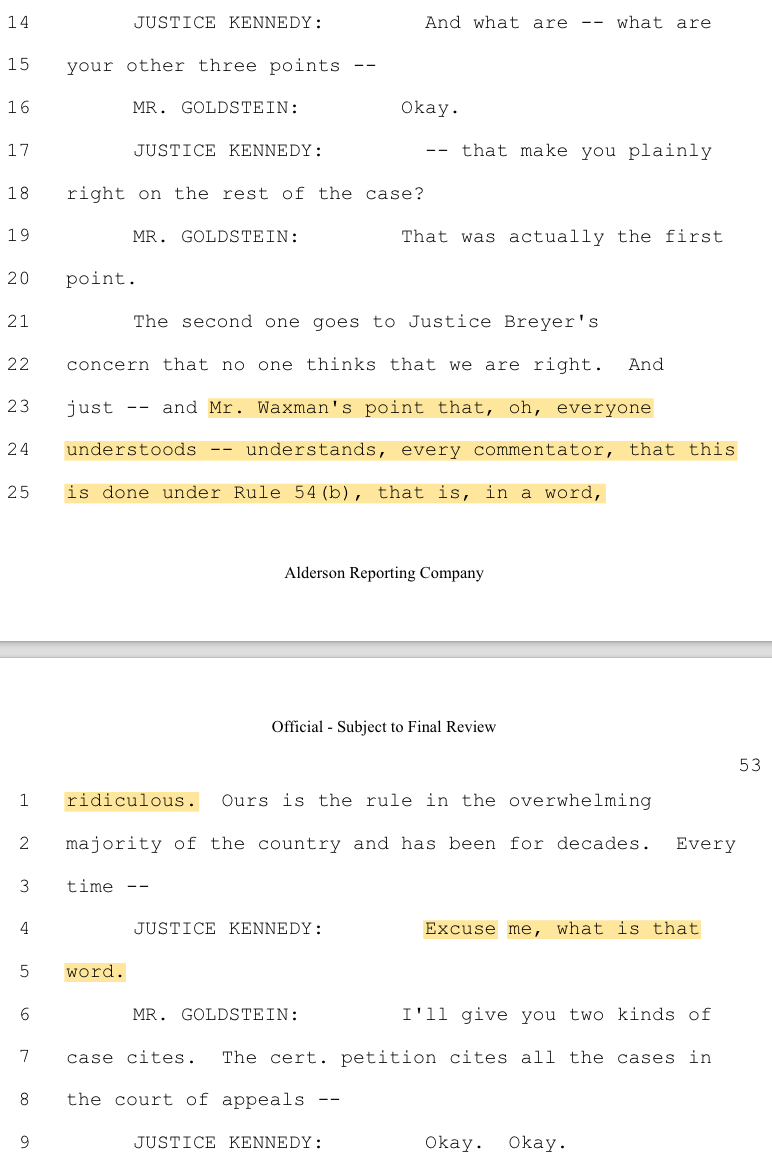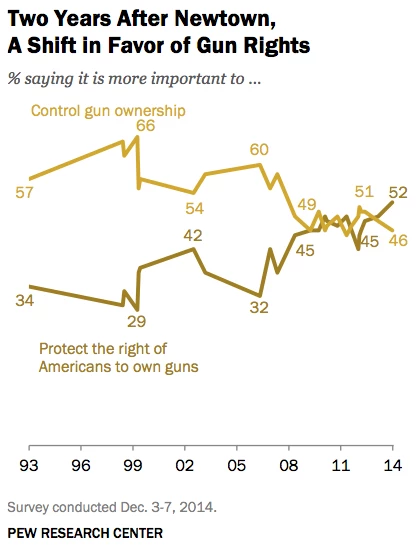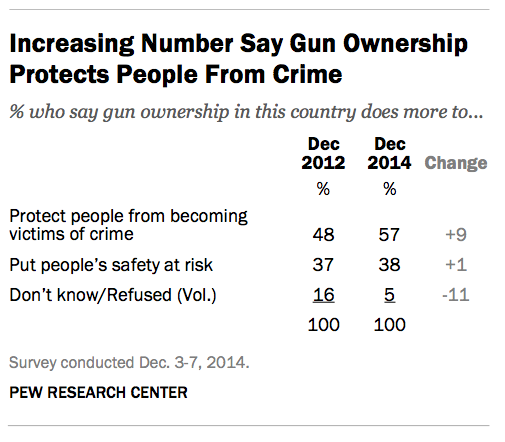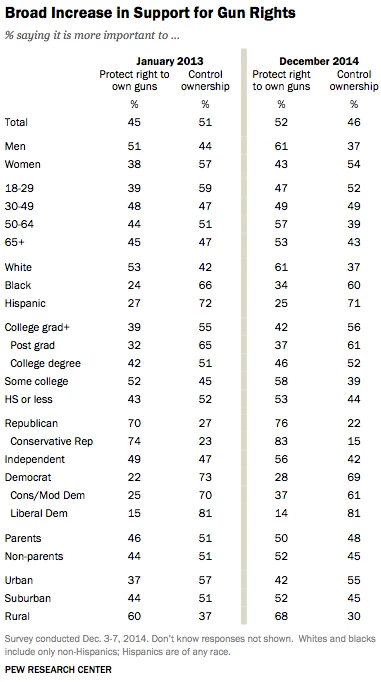The Hartford Courant quotes the article I co-authored with Shelby Baird, The Shooting Cycle, to explain a recent poll showing an expansion in popular support for gun rights.
The waning support for gun control since Newtown’s immediate aftermath is not, however, entirely surprising. It mirrors a pattern of public opinion observed after other mass shootings.
“The pattern is a painfully familiar one,” South Texas College of Law Professor Josh Blackman and Yale University student Shelby Baird wrote in “The Shooting Cycle,” an article published in May in the Connecticut Law Review. The authors analyzed how the government and the public react to mass shootings and found that after a tragedy, “support for gun control surges.”
“With a closing window for reform, politicians and activists quickly push for new gun laws,” Blackman and Baird wrote. “But as time elapses, support decreases. Soon enough, the passions fade, and society returns to the status quo.”
…
The poll was released as gun control advocates, approaching the Newtown anniversary, have been holding vigils and calling attention to mass shootings that have occurred since the tragedy, hoping to rebuild momentum for their cause.
But Blackman and Baird, “The Shooting Cycle” authors, counter that in passing gun control legislation after a mass shooting, “time is of the essence.”
“Engaged politicians and interest groups supporting the law must move as quickly as possible before emotions subside,” they said, citing public opinion polling from the past two decades. In the case of Newtown, they argued, the “depth of the emotional capture” provided an opportunity to enact reform, and “it would be against this emotional backdrop that any legislative change would be made.”



